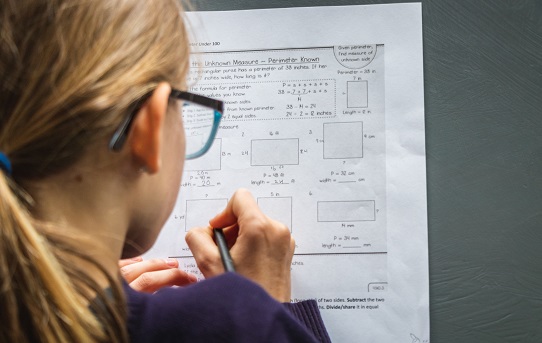Article published by the director of GenTIC, Milagros Sáinz, and by Claudia Malpica from IN3. This study examines gender gaps in ability grouping based on students’ appraisals of their math and Spanish language abilities. The role of these ability groupings in predicting students’ university studies was also analyzed. 796 secondary students participated (mean age=16 years, S.D=.81). The self-criterion residual method resulted in three groups: over-estimators, realistic, and under-estimators.
The classification analysis with linear regressions show that female students fell into the under-estimator math group, whereas male students into the under estimator Spanish group. However, female students were more likely to belong to the over estimator Spanish group, whereas male students to the over-estimator math group. In addition, the logistic regressions suggested that students who over-estimated their math ability were more likely to pursue STEM studies, whereas students who underestimated their math ability more likely opted for studies related to humanities and social sciences.
This study attempts to make a unique contribution to literature since it tackles the way high school students calibrate their maths and Spanish abilities and how this is attached to their future aspirations beyond STEM disciplines. Contributes to research on the existence of gendered biases in the evaluation of a group of secondary students’ abilities in maths and language. It also makes a contribution to research on how self-perception of ability groupings in maths and Spanish shape students’ decisions to pursue STEM and non-STEM university studies.
This research also contributes to the understanding of why Spanish male students and female students are more or less predisposed to pursue STEM and non-STEM studies. In addition, the use of a variableoriented (not a person-oriented) approach to classify students’ self-perceptions of ability groupings is also another contribution of the present research. Moreover, the present research suggests some ideas for intervention. It points to the need to design school interventions in order to increase male students’ and female students’ self-appraisals in maths and Spanish. Similarly, interventions addressing students’gendered biases as regards the evaluation of their abilities are also required. Parents, academic advisors, and school teachers should receive further training on how to fight different biases in students’ appraisals of their abilities and the possible negative implications on young people’s ability to make career decisions free from the influence of gender stereotypes.
Reference:
Sáinz, M. [Milagros], & Malpica, C. [Claudia] (2023). Gender gaps in the evaluation of academic abilities and their role in shaping study choices. Educational Studies, 1–19. https://doi.org/10.1080/03055698.2023.2210713
Photo by Greg Rosenke on Unsplash.
